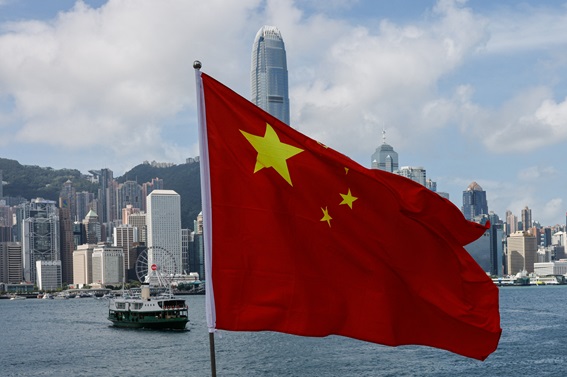China stopped short of providing the debt relief sought by many African countries this week, but pledged 360 billion yuan (US$50.7 billion) over three years in credit lines and investments.
The Forum for China-Africa Cooperation (FOCAC) launched in 2000 took on an enhanced role after the 2013 inception of President Xi Jinping’s Belt and Road Initiative (BRI), which aims to recreate the ancient Silk Road for the world’s second largest economy and biggest bilateral lender to Africa.
“China is moving back on to the front foot in terms of overseas deployment of capital in the emerging markets,” said Tellimer’s Hasnain Malik, while adding it was not yet at pre-COVID levels.

The 54-nation continent of more than 1 billion people has an annual infrastructure funding deficit estimated at US$100 billion, and needs transport links to make a new giant pan-African trade bloc (AfCFTA) a reality.
Asked how the new commitments fit into China’s current cautious overseas lending strategy, a foreign ministry spokesperson said there was no contradiction.

CURRENCY SWAPS
China also said it will launch 30 clean energy projects in Africa, offer co-operation on nuclear technology and tackle a power deficit that has delayed industrialisation efforts.
“The outcomes of the FOCAC summit signal an impetus for green projects and especially for renewable energy installations,” said Goolam Ballim, head of research at South Africa’s Standard Bank.
China has become a global leader in wind and solar energy, Ballim said, controlling significant supply chains and reducing production costs.
Others were sceptical.
“The issue is not so much about the size of the investments, it’s been about the lack of transparency around the terms of the debt,” said Trang Nguyen, global head of emerging markets credit strategy at French bank BNP Paribas.
Success was less clear-cut for countries owing a large share of their debt to China, which made no express offer of assistance to those struggling with repayments.
Beijing instead urged other creditors “to participate in the handling and restructuring of African countries’ debts under the principle of joint actions and fair burden-sharing”.
African leaders hoping to bask in large deals for their countries had to settle for less splashy announcements.
Ethiopia and Mauritius announced new currency swap lines with China’s central bank. Kenya said it made progress on talks to reopen the lending taps for key projects like its modern railway to link the region.
Still, there was optimism from some, as they welcomed China’s increased commitments to Africa’s security, humanitarian challenges and other non-financial affairs.
“After nearly 70 years of hard work, China-Africa relations are at their best in history,” Tanzania’s President Samia Suluhu said on her X account.





